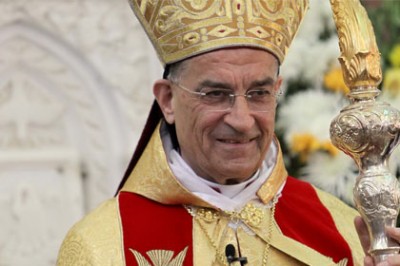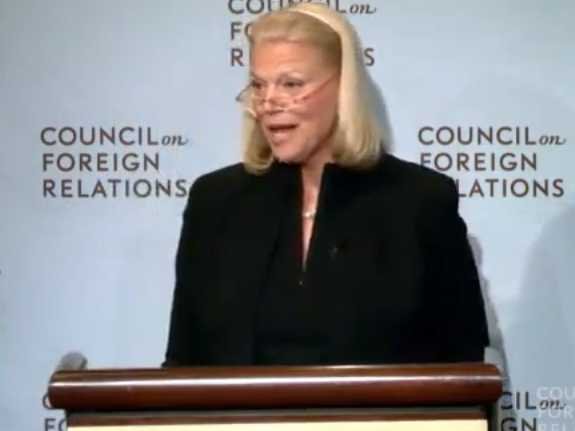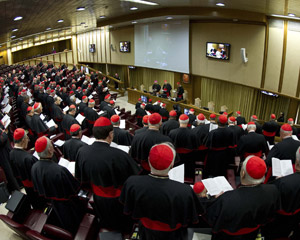
Gianni Valente
Rome
He was one of the last to land in Rome but he got to work immediately alongside the other cardinals. Yesterday, the Maronite Patriarch of Antioch, Cardinal Bechara Raï, handed cardinals with a dossier on the situation of Christians in the Middle East: “The universal Church and the next Pope must never forget that Christianity has its origins in the Middle East. And they should keep in mind what is happening to Christian communities in the Middle East. This is a priority that cannot be ignored,” the Lebanese cardinal told Vatican Insider.
Your Holiness, as leader of the Church in the Middle East, what would you say the region’s Christians expect from the Conclave?
I wouldn’t say everyone is thinking about what has happened over the past few years. A million and a half Christians have fled from post-Saddam Iraq. And at least 60% have left Aleppo. There is not one Christian left in Homs. The Coptic Church in Egypt is still strong. But with the new Sharia-based laws, things are going to get much harder. Then there are the problems in the Holy Land… Cardinals will also need to take this into consideration during the Conclave. If we only discuss the Church’s internal problems we risk being one-track minded. This is why I have handed out a dossier on the current condition of Christians in the Middle East to cardinals. Christians have been there for two thousand years. They have helped shape local civilization and culture. They have transmitted a sense of moderation to Islam. Real Islam is moderate. It is not that which is preached by fundamentalists whom Eastern and Western countries load up with arms and money out of political and economic interest.








